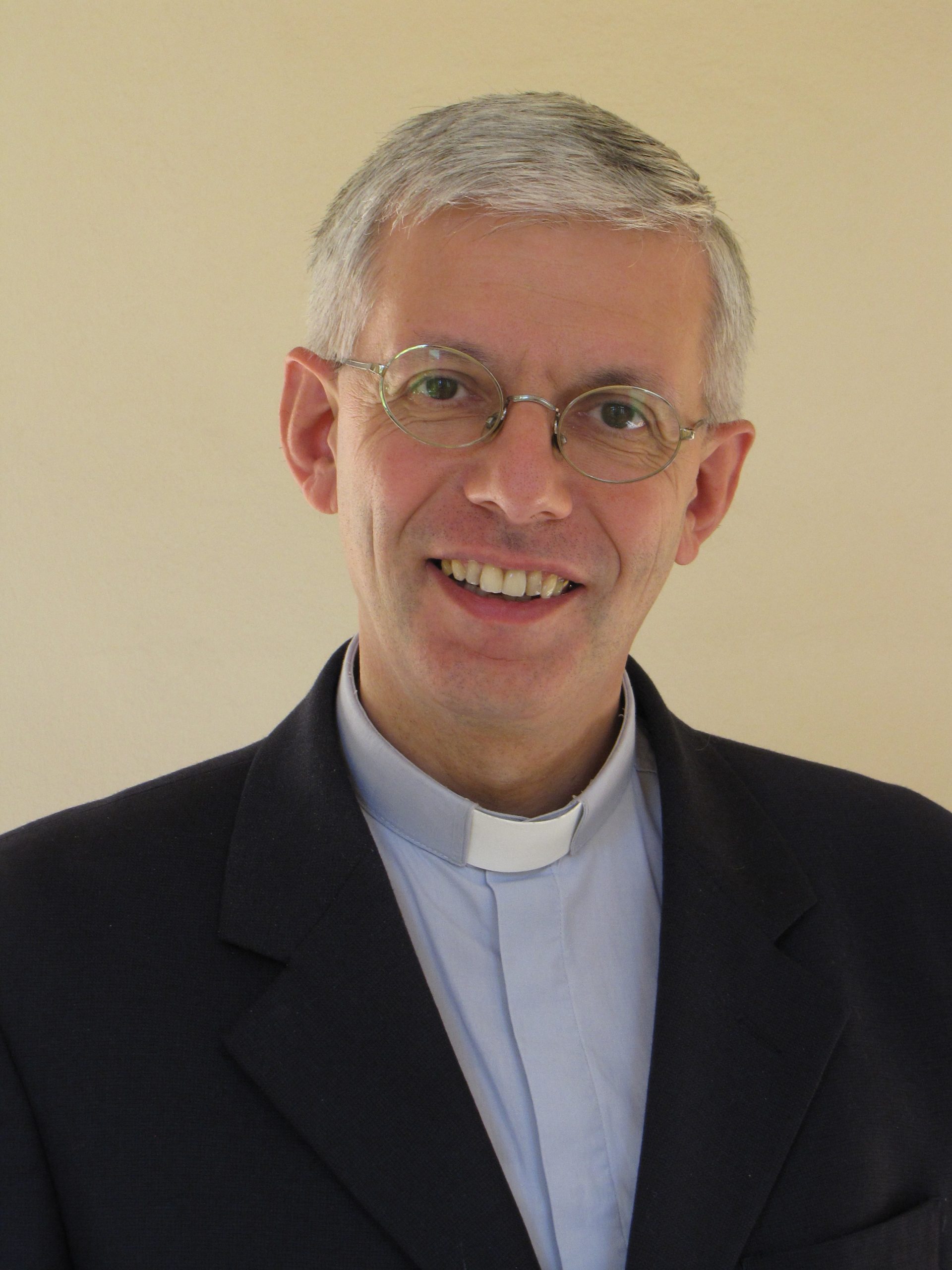
“Ambivalence characterises today’s affective culture. There have been important achievements, but many of these have been exploited for instrumental purposes. I am thinking of the role of women in society, in the family and in the Church. Women are no longer seen simply as housewives and mothers, but this has paved the way for the marginalisation of the experience of motherhood, which is often not even included in educational programmes or remains a desire to be postponed to a future date, as if it were a theoretical possibility and not a vocation.” Andrea Bozzolo, Professor of Dogmatic Theology and Rector of the Salesian Pontifical University in Rome, comments on the theme of the conference which opens today: “Young People and Sexuality. Challenges, Criteria and Educational Paths”, addressed to educators, religious, priests and pastoral workers. The conference is the culmination of an interdisciplinary process of reflection within the University.

In the 1970s there were more than 400,000 religious marriages. This figure has now fallen to around 80,000. Is this also the result of the crisis of affection?
The precariousness of affection involves the difficulty of recognising that the attraction exerted on us by the other person is bound to become rooted. And unless we understand that these roots are ultimately grounded in the mystery of God, the tree will remain unstable.
This erosion of religious marriage has not led to the triumph of civil marriage, but to civil partnership, that is, to precariousness.
We need to be aware of and understand the way in which the family is being transformed. The greatest task ahead of us is to contribute to the rediscovery of the grammar of love. Indeed, love is the preferential setting for the experience of God.
To what extent has this situation been influenced by the sexual revolution?
The sexual revolution was an earthquake whose reverberations are still being felt. The experience of affection has to be rewarding, the other person is instrumental in achieving personal fulfilment and gratification. This is the narcissistic slope of affection. The Church has put a lot of effort into the theology of marriage and has come a long way. But not enough in the area of education.
What is needed is a patient accompaniment that leads to the recognition of what is love and what is selfishness in everyday life.
To appreciate non-consumerist love, and not where two young people meet and, after a week, rush into a relationship as if they were husband and wife.
Traditionally, Catholic sex education has been imbued with the idea of sin, leaving out the relational aspect.
We must start not from the normative approach, but from the desire for intimacy, without losing sight of the ethical dimension. Desire can indeed be insatiable. If we eliminate the law, it will not be paradise on earth. The repeated tragic murders of women show that when emotional relationships are not governed by law, desire is left to its own devices. All of this requires a major cultural effort.
You have also addressed gender identity and sexual orientation in your university reflections…
The Church must inhabit these places, learn, study, and participate in the debate. It must engage with them. What we are seeing is that we are talking more about these issues, there is a growing social acceptance. But this does not amount to an increased degree of understanding. For example, the term “homosexuality” encompasses a wide range of experiences.
There is still a lot of work to be done to avoid a simplistic label. At the same time, scientific advances need to be respected, but interpreting the human dimension and its complexity cannot be left to DNA research.
Less theory and more proximity?
That’s what Jesus did: he met people in their uniqueness. And he was not afraid to reach out to anyone. From an educational point of view, the two extremes that should be avoided are the judgmental approach – which does not embrace the human person – and the simplistic approach – which limits itself to the observation of facts, renouncing accompaniment.
Will this conference produce a proposal for the formation of educators?
If it does not have a concrete impact, then we will have missed out on a great opportunity. Our first step was to reflect on everyday realities, in consultation with those involved in educational institutions, oratories and vocational training. The conference touched a raw nerve in the everyday reality of education. We don’t want to give impulsive and superficial answers, the ultimate goal is of a practical, educational and pastoral nature. The training course for educators is the appropriate instrument to reach out to young people’s real life experiences.











